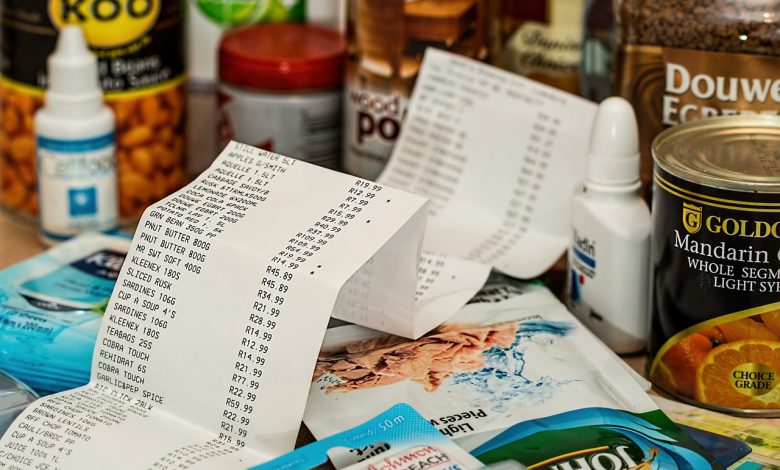Tracking Spending to Improve Budgeting

Budgeting is promoted at nauseum and it is still not enough. But, without an important ingredient to budgeting – one that is not discussed nearly as often – the process itself will be far less effective. The insights that tracking spending can provide are so impactful to the way you look at your money. The simple awareness of when you are spending money is reason enough to begin tracking your spending immediately.
How to do it

You don’t need to get fancy. There are many apps that will function to track your spending (Wally, Mint, YNAB, etc.) and they can be great tools, but if you are not technical or don’t want to invest the time/money into these apps then tracking manually with a notebook can be even more effective. The results of writing down the fact that you are spending money and what you are spending it on every time you have an exchange is enough to make you think about what you are doing. Is this expense worth it?
When accumulated over a month’s time, the amount of cash this can put back into your pocket is a big deal. You could take it one step further and only use cash. This creates an emotional connection to spending money because you are actually handing over a physical item instead of using a debit card.
If you do prefer using technology to passively track your spending, they can provide added insights about your habits and how you can improve. Make sure you pay attention to this passive monitoring and act on the data it provides. Otherwise, you’re just looking at information you have no intention of changing.
What to do after tracking

With the information you gather from tracking for just one month, you can completely alter the trajectory of your financial health. Once you accumulate the totals you will see where the majority of your money is going. If you find you are spending a lot more money going out to eat than you are on groceries, you’ll learn that you can save a lot of money just by taking the time to cook a few meals. If you have a gym membership that you only use four times a month, you can assess whether the expense is something you need to get rid of or if you need to devote more time to exercise.
The information you gather does not only impact your expenses, but it can impact your savings. By discovering where you have extra money being spent needlessly, you can repurpose that money to pay down debts faster and decrease the impact that interest rates are having on you. Otherwise, if you don’t have debts, the extra money can go towards investments that can create compounding growth for you.
Deciding who you want to be

There is a place for spending and the point of tracking is not to get rid of every non-essential part of your life. Rather, it is to spend your time and money more effectively to help you be the person you want to be. We often find ourselves spending too much time and money on things we don’t really care about while feeling we don’t have enough to invest in creating the life we want.
Tracking spending is less about restricting spending and more about discovering where we truly want spend. This creates a more fulfilling life and helps us be the people we aspire to be. If the meals out don’t add to your quality of life, you can commit more money to the art courses you’d been hoping to take. Or, if the payments on your luxury car are more than you care to spend, you can trade it in for something more reasonable and put money towards the online business you’ve wanted to start.
Enabling a Budget
A budget becomes easier to build once we track spending. Knowing how much money is coming in and where it is going allows us to put hard-caps on what we should be doing. We improve what we track and by tracking spending we get better at putting money towards the priorities of our life. With this simple step, you get one step closer to becoming the person you want to be.



